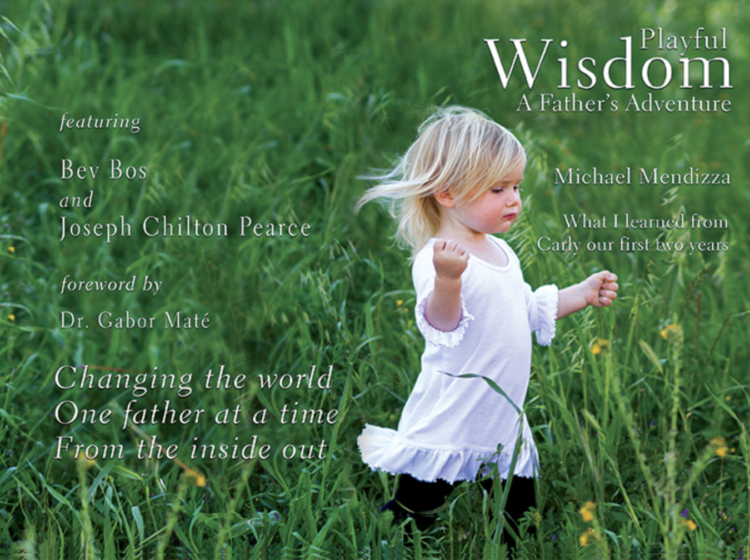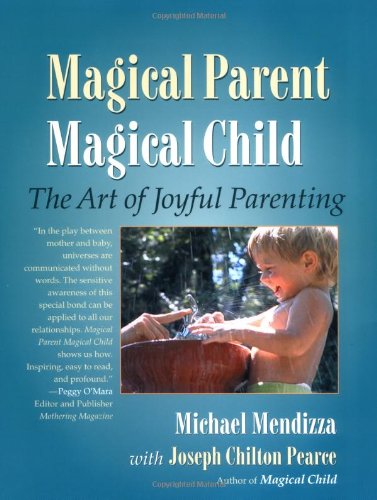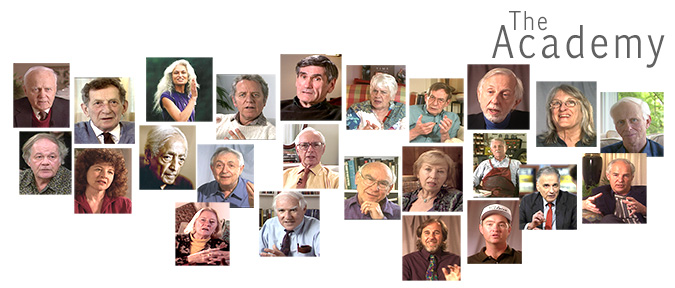Parents and the people who care about children understood how different the child’s reality is from our, more or less, adulterated version. What does adulterated mean? Tainted, mixed, polluted, contaminated. What we call reality is filtered by experience, our ideas, beliefs and fantasies, and yet, filtered is what we see. It is our reality. Adulterated is normal and we rarely pause to consider that what is normal for us is not normal for our children. Not seeing this difference we impose our interpretation of reality on our children, often with painful consequences.
 Carly Elizabeth is fast approaching the 3.5 mark. This evening we were laying on bed, she in her robe and I in my scruffies. “I want a snack,’ she announced. “How about peeing and pajamas,” I replied. “I want a snack,” she repeated. Pretending to be a dictator, I roared, arms waving, “what about peeing and pajamas!” Laughing, she insisted, “I want a snack.” After two more rounds I asked, “what snack do you want?” “I’ll show you,” she said. “OK, let’s go,” and we ran to the pantry, she arriving first, of course.
Carly Elizabeth is fast approaching the 3.5 mark. This evening we were laying on bed, she in her robe and I in my scruffies. “I want a snack,’ she announced. “How about peeing and pajamas,” I replied. “I want a snack,” she repeated. Pretending to be a dictator, I roared, arms waving, “what about peeing and pajamas!” Laughing, she insisted, “I want a snack.” After two more rounds I asked, “what snack do you want?” “I’ll show you,” she said. “OK, let’s go,” and we ran to the pantry, she arriving first, of course.
It is astonishing how perceptive and sophisticated this 3.5-year-old is, appropriate humor being the key. Humor is very complex, often saying one thing and meaning quite another. Perceiving on the spot and understanding the play, then returning with an equally flipped-meaning response is very complicated, and yet, Carly plays along and initiates this wit regularly. Appreciating this exploding capacity levels and equalizes the relationship. No, Carly does not have the experience to cut jokes about Nietzsche, but the underlying capacity is already well developed. All she needs is a playmate. Not a dictator.
How often have you heard a parent or grandparent say to a child, after someone does something nice, “now, say thank you.” It sounds like bragging, but far from it. We have never said to Carly, “say thank you,” and yet she says thank you seamlessly when another hands her toast with jam or lifts her into the waiting car, not because we tell her to. She simply mirrors how she is treated. After our snack, our pee party, and pajamas are in place, she reaches for a book. “I need my glasses for this one,” I say. “I’ll get them,” she says and returns in a snap. “Thank you,” I say. “You are welcome,” she replies.
 Because I sincerely see Carly as competent and respect that her interests and needs are as real and important to her as my interests and needs are to me, she feels seen and appreciated for who she is. This is not spoiling the child. It is seeing them as they are. I say this at 3.5 but it was equally true at birth, at six weeks, at six months and at two years, even though what she was interested in and needed was completely different at each age and stage. Coupled with this respect and appreciation is a keen empathic awareness that Carly’s world, her reality, is completely different from my own. She is more absorbed in ‘what is’ than I am. Her world is still highly sensory. Verbal abstractions are just that, abstract. She listens with quiet attention while completely absorbed in the sand pouring from the pail. To her, however, the sand is more real, much more engaging and therefore important. I appreciate that it will take several nudges before she disengages from the sand and reacts to my abstraction, like; ‘it’s time to go.’ Knowing this, I start a little early with a hint or suggest a strawberry would taste really yummy. “One more screaming ride down the driveway on the scooter and it will be time for coconut milk.” Hint. Hint.
Because I sincerely see Carly as competent and respect that her interests and needs are as real and important to her as my interests and needs are to me, she feels seen and appreciated for who she is. This is not spoiling the child. It is seeing them as they are. I say this at 3.5 but it was equally true at birth, at six weeks, at six months and at two years, even though what she was interested in and needed was completely different at each age and stage. Coupled with this respect and appreciation is a keen empathic awareness that Carly’s world, her reality, is completely different from my own. She is more absorbed in ‘what is’ than I am. Her world is still highly sensory. Verbal abstractions are just that, abstract. She listens with quiet attention while completely absorbed in the sand pouring from the pail. To her, however, the sand is more real, much more engaging and therefore important. I appreciate that it will take several nudges before she disengages from the sand and reacts to my abstraction, like; ‘it’s time to go.’ Knowing this, I start a little early with a hint or suggest a strawberry would taste really yummy. “One more screaming ride down the driveway on the scooter and it will be time for coconut milk.” Hint. Hint.
In a way, I’m a Pied Piper, leading with play, redirecting what might become conflict with humor and story. Then, when I need to be serious, when I need Carly to give careful attention, I say so, and she does. But, that is really rare. Most of the time we are having fun. Serious slips in-between.
If I assumed, as many do, that Carly shares my reality, is as focused on semantic abstractions as I am, is living in the past and future, we’re in trouble. Carly is still a child of the dream. Her brainwaves resonate in a different frequency. I have to slip into her world and then communicate. Not expect her to operate at my level, to live in my adult world. I have to shift mental gears when I communicate. That takes time and attention. But the payoff is enormous; very little conflict, a greater feeling of being together, when serious is needed there is careful attention, when I have important needs she is there for me, at 3.5. This attunement functions like a compass. It brings our relationship into playful coherence. Not sharing this attunement might be compared to two travelers looking at two compasses, pointing in different directions insisting theirs is right. “This way.” “No, this way.” This shifting into the child’s world works every time; at three days, three months, or three years. Try it, and watch conflicts melt away like snowflakes on your nose.
Photo Shutterstock/Dark Moon Pictures


